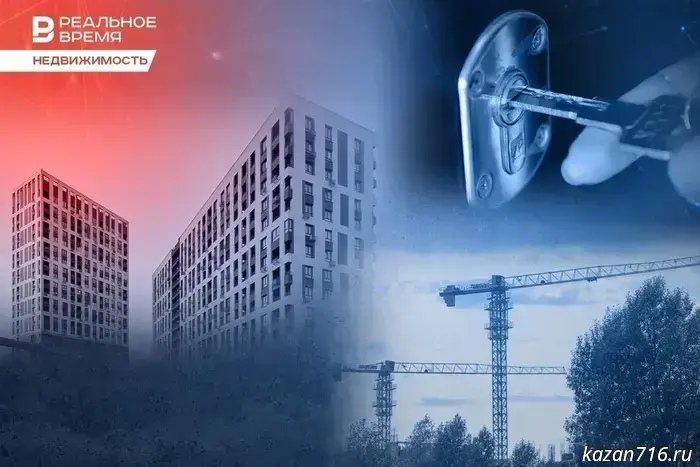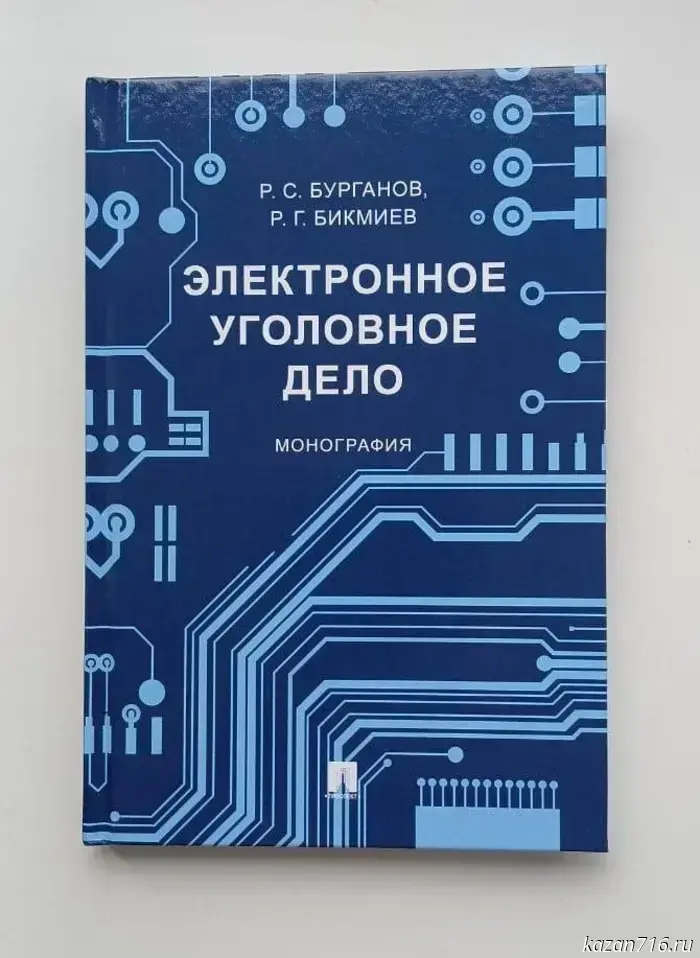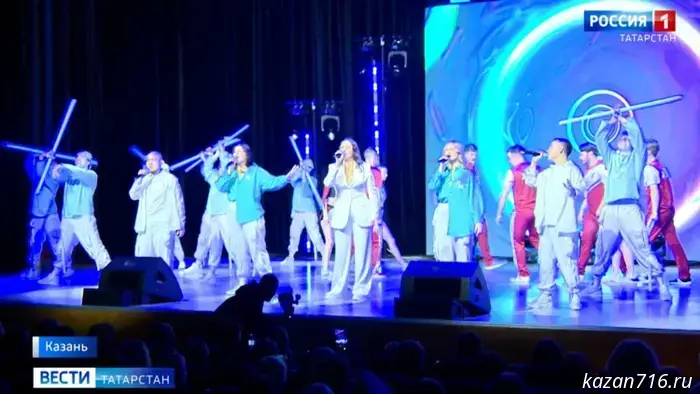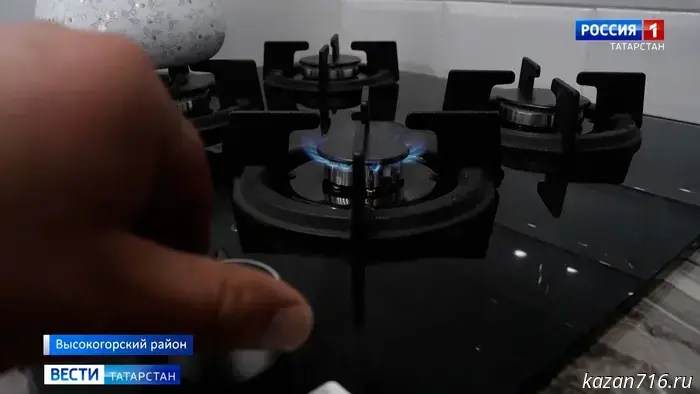Power consumption up, social programs slashed: what the network company earned from and where it cut costs
Brilliant reporting hit by tax reform — Network Company’s profit collapsed for the first time since 2020
The network company reported record revenue for 2024 — 42 billion rubles. The peak was achieved in part due to rising electricity consumption among industry and the population. “A little contribution” to the network operators’ impressive income came from Nizhnekamskneftekhim, whose own generation, according to the maintenance schedule, was offline longer last year. At the same time, the reliability of the Network Company’s power supply raises questions — the number of network accidents increased last year. Details — in a report by BUSINESS Online.
SIBUR and Russian Railways lifted the Network Company’s electricity consumption and revenue
JSC Network Company (NC) continues to break financial records. For 2024, the company’s revenue grew by 10% to 42.13 billion rubles. This is the highest result in the company’s history. However, net profit disappointed — it fell for the first time since 2020. Net, the network operators earned 5.62 billion rubles — a 21% decline compared to 2023. This information is contained in the NC’s integrated report for the past year.
Notably, profit before tax retained a positive trend — 32.5 billion rubles versus 28.57 billion rubles in 2023. The reason for the profit decline is prosaic — the tax reform in Russia, under which the corporate profit tax rate rose from 20% to 25%. The excess amount, recall, flows to the federal budget rather than the regional one. “The additional expense for profit tax related to the remeasurement of deferred taxes at the new 25 percent rate amounted to 2.3 billion rubles,” the IFRS financial results analysis explains.
Who owns the Network Company?
JSC Network Company is 73.15% owned by the Ministry of Land and Property of Tatarstan. Another 12.02% belongs to Ak Bars Bank, 7.62% to the State Unitary Enterprise of the Republic of Tatarstan “Electric Networks,” 3.18% to Tatneft, and 2.74% to GZhF. The CEO is Ilshat Fardiev.
We have already written about the secrets of revenue growth in the technical connection segment (which brought the company 2.6 billion rubles). But more than 93% of NC’s turnover comes from revenue from the sale of electrical energy. In 2024 this indicator grew by 9.7% to 39.36 billion rubles. From single-rate consumers (small and medium businesses) the networks collected 19.7 billion rubles, from two-rate consumers (large industry) — 12.8 billion rubles, and from households — 6.8 billion rubles. The largest relative increase was among individuals — plus 11.1% compared to 2023. In monetary terms the most significant gain this time came from single-rate customers — plus 1.8 billion rubles.
Unlike 2023, NC’s revenue growth in 2024 was supported by an increase in service volumes. That is, the record financial result is explained not only by higher tariffs. Thus, electricity transmission under the “boiler – networks” scheme to the republic’s consumers rose by 5.2% (or 1.4 billion kWh) to 27.4 billion kilowatt-hours. The report links this to growing electricity consumption by industrial enterprises. In particular, the Chelny Transport Electrical Equipment Plant increased consumption by 24.2%, Russian Railways (RZD) — by 10.4%, TANECO — by 4.5%, and Kazanorgsintez — by 2.4%. Significant growth was observed among households — by 7.6%.
Interestingly, Nizhnekamskneftekhim (NKNH) showed a substantial increase — 20.1%. Back in 2022 SIBUR launched its own generation at NKNH (a 450 MW CCGT) and ceased taking electricity through external networks in the same volume — as a result the TSO’s transmission volumes were gradually declining. But the fact is that NKNH is still connected to the “big” power system and uses power inflows during scheduled stops of generating equipment for “conducting planned preventive major inspections to ensure the reliability and longevity of the equipment.” The duration of such shutdowns, taking into account their cyclical nature, was longer in 2024 than in 2023, the petrochemical enterprise explained.
In September, Network Company CEO Ilshat Fardiev personally attended an event that can be considered the embodiment of the main negative factor for his company — the hot commissioning of the Lushnikovskaya 250 MW CCGT at Kazanorgsintez. After all, the switch of consumers to their own generation is still listed in the report as one of the main risk factors for NC.
Social spending continues to dive
Let’s move on to NC’s main costs. According to RAS reporting, in 2024 cost of goods sold rose by 13.2% to 32.35 billion rubles. That is, the growth rate was higher than revenue growth (recall, turnover increased by only 10%).
In the cost structure, the largest share (25%) is wages. This line increased by 12.7% over the year and reached 8.2 billion rubles. The “other expenses” segment grew by 12.5% to 5.4 billion rubles. Technical losses during energy transmission remained at last year’s level — 4.9 billion rubles. Expenses under contracts with adjacent network organizations jumped 47.6% — to 3.1 billion rubles. The only savings were on repairs of fixed assets: in 2024 NC allocated 1.4 billion rubles for these purposes (down 12.5% from 2023).
The “social investments and charity” block was again clipped by the Network Company. Thus, investments under the program for power supply of socially significant facilities amounted to 563.1 million rubles, whereas in 2023 they were 1 billion rubles. Expenditures on social payments and social projects fell by 11% to 846 million rubles. The company set a record in this respect in 2022, donating 2.5 billion rubles to charity. Spending on environmental protection is also gradually decreasing: from 94 million rubles in 2022 to 48 million rubles in 2024.
The company’s accounts payable increased by 16% (or 1.8 billion rubles) and reached 12.9 billion rubles. This was influenced by a rise in debt to the founders (by 2 billion rubles) in connection with recording the sale and purchase of ordinary shares placed by closed subscription. The second factor was an increase in advances received under technical connection contracts (by 1 billion rubles). The company’s accounts receivable grew by 11% and amounted to 231 million rubles. “The increase in the receivables balance is mainly related to the growth of accounts receivable for profit tax by 92 million rubles, which is due to the structure of commissions in 2024,” the report says.
Is power supply reliability “floating”?
By order of the head of the Republic of Tatarstan dated September 5, 2024, the Network Company became the system-forming territorial grid organization (STSO) in the republic. The company lost some competitors — if previously 18 TSOs operated in the Republic of Tatarstan, now there are 10. The property of those who did not meet the strict criteria of the Russian Ministry of Energy is being consolidated by NC.
In 2024 the total volume of assets consolidated on NC’s balance sheet amounted to 2.7 thousand electric grid facilities, including 950 km of transmission lines and 669 transformer substations with a total capacity of 331 MVA. As an STSO, Fardiev’s company received 315 state energy facilities on a gratuitous-use basis.
Thus, the Network Company became the single center of responsibility and guarantor of power supply reliability in the region. NC’s reliability indicators are contradictory. On the one hand, over the past five years across the Republic of Tatarstan the average duration of outages due to faults has been reduced by 52%, and the average frequency of outages — by 49%. For planned outages, the average duration over the same period fell by 44% and the average frequency by 39%.
On the other hand, the total number of accidents investigated and recorded by the company increased in 2024 by 7.2% — to 3.4 thousand. In the main network (substations and overhead power lines of 35 kV and above) the number of accidents rose by 7.4%. In 2023 this dynamic was due to “an increase in cases of third-party impacts independent of the operation of power lines (unauthorized work by third parties in transmission line protection zones), and in 2024 due to the impact of adverse weather phenomena.”
“The dynamics of the number of accidents in the distribution (low-voltage) network for the period from 2021 to 2024 are due to the acceptance of abandoned electrical networks and the networks of gardening non-commercial partnerships in unsatisfactory technical condition, as well as an increase in cases of direct impacts on the company’s equipment by third parties,” the report explains.
The Network Company did not respond to BUSINESS Online’s request to comment on the 2024 results.
***
Meanwhile, now is not the time for the Network Company to slack off. As is known, the Tatar company is one of the few territorial grid organizations in Russia that owns trunk networks of 220–500 kV (the most “juicy” slice of the power system — the main volume of electricity transmission goes through them). From time to time “Rosseti” casts an eye on these assets. The federal authorities are currently lobbying another initiative — to merge, or rather “absorb,” the System Operator (the dispatcher of the power system in Russia), arguing that in many respects the functions of the two organizations are duplicated.
But there is a nuance — how to do this if Rosseti are not present in all regions of the country (unlike the System Operator)? Russian Energy Minister Sergei Tsivilev said at a Federation Council plenary session in July this year that the ministry supports the development of Rosseti and will try “to ensure that ‘Rosseti’ are represented in all regions of the Russian Federation.” In addition to Tatarstan, “sovereign” trunk networks are also held by TSOs in the Far East, Crimea, Bashkortostan and the Irkutsk region.
“Therefore the System Operator should continue to perform its function as long as it is represented in all subjects of the Russian Federation. But we are beginning a gradual stage of bringing these two functions closer together, because today we see that there is duplication of functions between Rosseti and the System Operator. The initial task is to eliminate these duplications. And later we will see how the situation develops regarding the work of system-forming territorial grid organizations,” the minister hinted vaguely.
Diana Avakyan
Photo in the preview: BUSINESS Online
Другие Новости Казани (Казань716)
 Key signal: how rate cuts revived sales of new developments
Growth in primary housing market transactions was recorded in all cities with a population of over one million
Photo: 17.10.2025. Real Time. Republic of Tatarstan. Kazan.
Key signal: how rate cuts revived sales of new developments
Growth in primary housing market transactions was recorded in all cities with a population of over one million
Photo: 17.10.2025. Real Time. Republic of Tatarstan. Kazan.
 From artificial intelligence to the electronic case file: the chairman of the Zainsk City Court presented the final book of the trilogy
The monograph "Electronic Criminal Case", published in a print run of 1,000 copies, is dedicated to the memory of judges and court staff who were killed or went missing in action during the Great Patriotic War, and will serve as a guide for the country's lawyers. 17.10.2025. Zainsk-Inform. Republic of Tatarstan. Zainsk.
From artificial intelligence to the electronic case file: the chairman of the Zainsk City Court presented the final book of the trilogy
The monograph "Electronic Criminal Case", published in a print run of 1,000 copies, is dedicated to the memory of judges and court staff who were killed or went missing in action during the Great Patriotic War, and will serve as a guide for the country's lawyers. 17.10.2025. Zainsk-Inform. Republic of Tatarstan. Zainsk.
 Kazan will host the 15th Gathering of Student Squads of the Volga Federal District.
It all begins with a flag, a song, and a firm handshake. Kazan welcomes the 15th gathering of student squads of the Volga Federal District. 17.10.2025. GTRK Tatarstan. Republic of Tatarstan. Kazan.
Kazan will host the 15th Gathering of Student Squads of the Volga Federal District.
It all begins with a flag, a song, and a firm handshake. Kazan welcomes the 15th gathering of student squads of the Volga Federal District. 17.10.2025. GTRK Tatarstan. Republic of Tatarstan. Kazan.
 Three homes in Almetyevsk were temporarily left without gas due to a leak.
In Almetyevsk, gas was temporarily shut off in three apartment buildings due to detected leaks, the Tatarstan Housing Inspectorate reports. 17.10.2025. GTRK Tatarstan. Republic of Tatarstan. Kazan.
Three homes in Almetyevsk were temporarily left without gas due to a leak.
In Almetyevsk, gas was temporarily shut off in three apartment buildings due to detected leaks, the Tatarstan Housing Inspectorate reports. 17.10.2025. GTRK Tatarstan. Republic of Tatarstan. Kazan.
 On Tetsevskaya Street in Kazan, a car passenger was shot with a pistol.
The assailant was immediately detained
The victim, with injuries to various parts of his body, was taken to the hospital. 16.10.2025. Komsomolskaya Pravda Kazan. Republic of Tatarstan. Kazan.
On Tetsevskaya Street in Kazan, a car passenger was shot with a pistol.
The assailant was immediately detained
The victim, with injuries to various parts of his body, was taken to the hospital. 16.10.2025. Komsomolskaya Pravda Kazan. Republic of Tatarstan. Kazan.
Power consumption up, social programs slashed: what the network company earned from and where it cut costs
Tax reform undermined the stellar reporting — the network company's profit plunged for the first time since 2020 The network company reported record revenue for 2024 — 42 billion rubles. 17 October 2025. Business Online. Republic of Tatarstan. Kazan.
